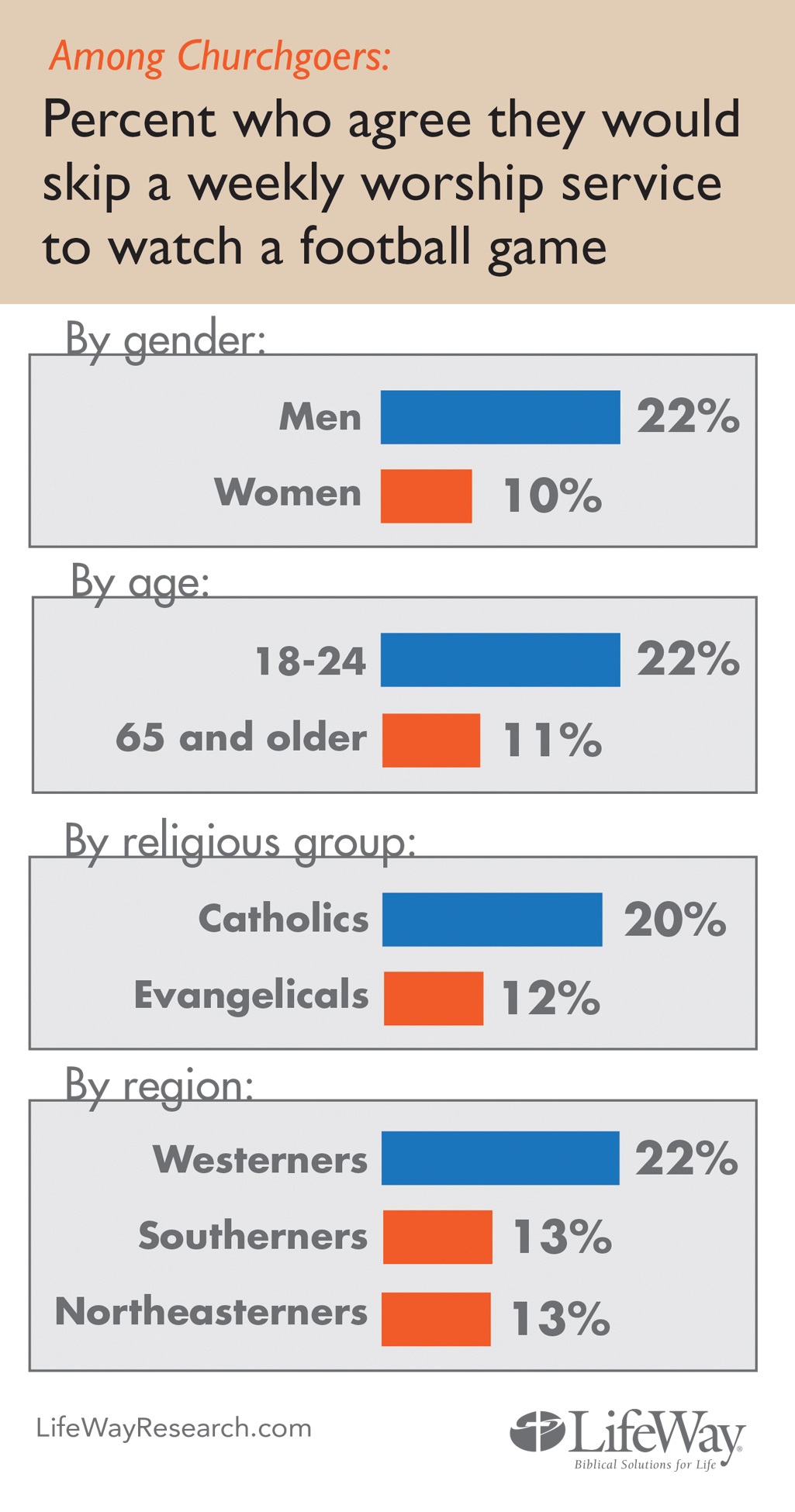
WASHINGTON (BP)–Young athletes across the country are taking their game to a higher level with a Christian-based ministry that uses basketball as a tool to spread the gospel. And while this private youth league for kids in grades one through six claims to be multi-faith, the Christian message is central.
“It is a ministry first and it’s a basketball league second,” said Upward Basketball spokesman Jordan Cox of the program, which is advertised as non-denominational, but a Baptist minister started it in Spartanburg, S.C.
Even kids with little or no exposure to the gospel are invited to lace up with Upward Basketball, Cox told CNSNews.com. In fact, a major goal of this faith-based basketball program is to allow participating churches to “reach out” to people of different faiths in their community and possibly overseas.
Cox said he’s fielded inquiries about the program from at least 20 different countries over the last five months. Upward’s curriculum, he noted, has been successfully adapted by Christian missionaries and greeted by foreign peoples with enthusiasm.
“A lot of people are willing to come in the gym door of the church [who] will never come in the front door,” Cox said. “We want kids to know that Jesus loves them and that’s why we’re doing what we do.”
Upward Basketball has a mission, but it is not an attempt to “shove anything down anybody’s throat,” Cox said. Rather, “We’re just trying to expose them to the God who created this universe [who] has a plan for their lives and loves them.”
Upward Basketball’s evangelical message appears to be popular with the kids.
Participation in the basketball program — which receives no tax dollars — has grown to more than 140,000 kids in 35 states and more than 740 churches since it expanded beyond Spartanburg in 1995. Cox expects to add more than 200 programs nationwide by 2003, boosting enrollment beyond 175,000 kids.
Cox said the program and its coaches are “not force-feeding anything to people that they’re not ready for.” However, one element of the Upward Basketball program isn’t typical of other leagues — namely, mandatory “devotions.”
Cox said the young players are required to participate in devotions during breaks at practice. He also acknowledged the possibility that a child or parent might express concern over this mandatory requirement, especially someone who might not be a Christian.
But Cox said if anyone were to have such a conflict, participating churches are instructed “to tell them up front that this is what’s going to happen, this is what we’re going to be sharing.”
Youth participants and their parents, regardless of their faith, should not be caught off-guard by Upward Basketball’s gospel focus, Cox said. In fact, he said, the curriculum given to each player upon registration “provides the devotions and the lessons that we’re trying to teach them and those kinds of things.”
“We give that [curriculum] to the child so that the parents can know ahead of time what we’re going to talk about … . We don’t want anybody to get caught off-guard or be uncomfortable with what Upward’s trying to teach,” Cox said.
The curriculum, which is included in a “Player Kit,” contains one Bible and one basketball playbook,” according to the Upward website.
If a parent or child raised an issue over a certain Bible teaching, Cox said the participating church might have to decide whether to let the child sit out that lesson. However, he added, “I don’t know of any of our churches that would allow that to happen because that’s what we’re trying to do … we want them to hear this part, too.”
Cox said Upward Basketball and its participating churches “are not going to ask your child to make any kind of decision that you’re not aware of.” That includes any possibility of a child’s on-court conversion to Christianity from another faith, he said.
Upward’s basketball program teaches children lessons about “honesty and integrity, having respect for authority,” Cox said. “That’s good for parents, that’s good for teachers — I mean that’s good for everybody.”
The lessons taught on the basketball court apply biblical principles, Cox said, “to let them know that our faith is this: that Jesus died on a cross to save us from our sins and we all make mistakes.”
Cox said Upward coaches strive to share the “plan of salvation” with youngsters. He regards that plan as the “meat of our faith.”
As a way of teaching the plan, coaches issue color-coded iron-on stars to young athletes who exhibit specific qualities such as best effort, best sportsmanship and best defense. Players who are most Christlike also get special recognition.
While Bible teachings are fundamental to the program, modern culture creeps in as well. For example, Michael Jordan is held up as someone who sometimes misses the basket when he shoots, even though he is one of the greatest players of all time.
Missing the mark is part of being human, Cox said. “It reminds us that even with our best effort, we do wrong things and think wrong things. The Bible calls that sin — that’s falling short of being perfect.”
And, Cox concluded, “All the stories and all the things we’re teaching the kids — it’s in this Book, and if you’ve got any questions, ask us.”
–30–
Betsch is an editorial assistant at www.cnsnews.com. Used by permission.




















